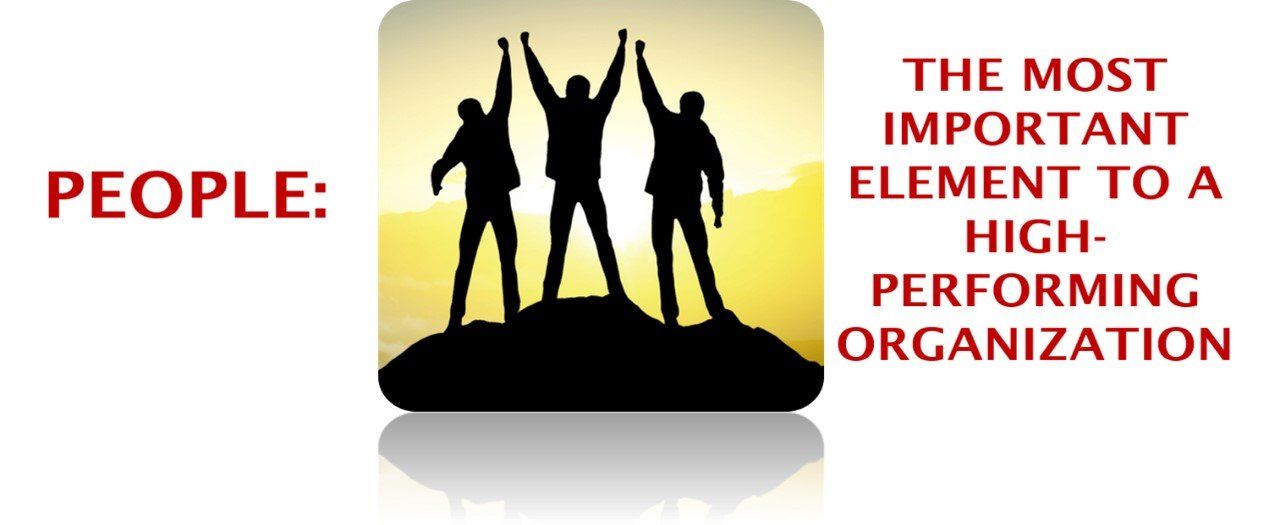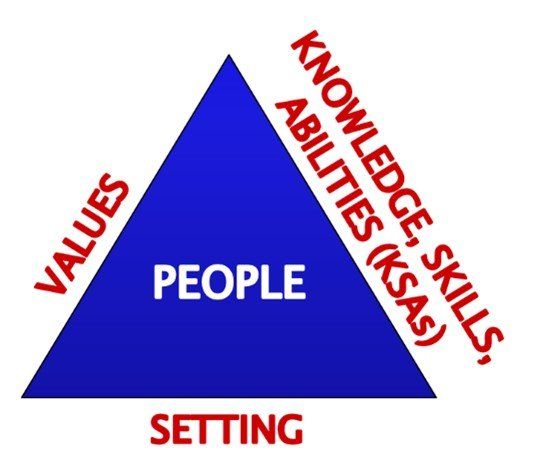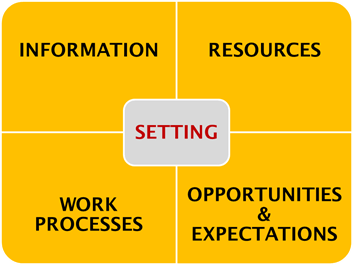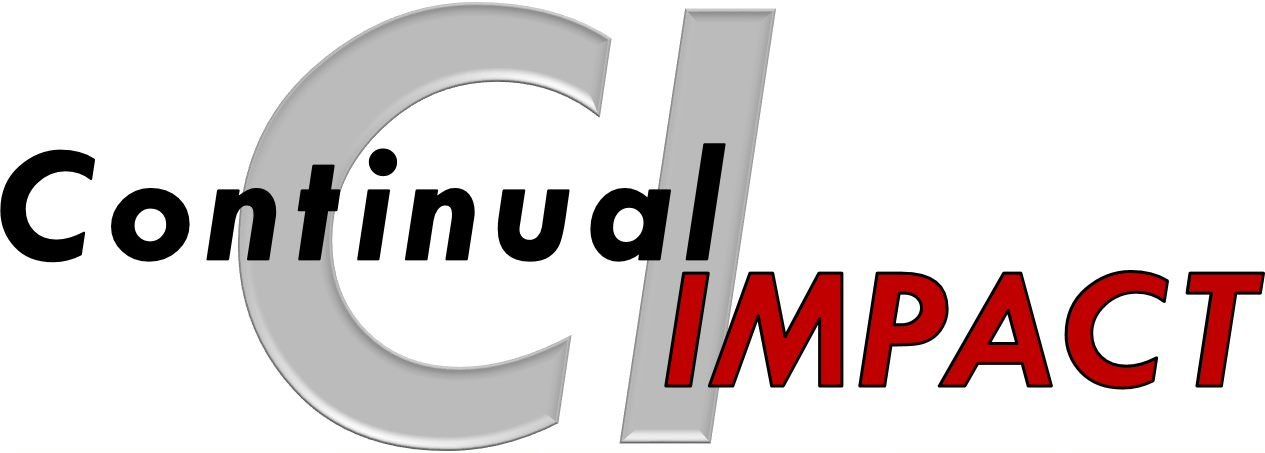CQI News: People - Your brains, muscles, and souls

People make the difference in every organization. They are the way organizations transform informational and physical resources into products and services the customers value. They are capable of generating ideas, solving problems, making decisions, and generating learning that improve the organization. People achieve your Mission through the application of their capabilities as individuals and teams.
People are the brains, muscles, and soul in every high-performing organization - they are the primary determinant in whether it exists or fails to exist!
The People in High-Performing Organizations Have a Unique Set of Qualities:
- Aligned and Focused on maximizing value to customers, eliminating waste in all work processes, and achieving extraordinary results.
- Energized by the organizational and personal success they see possible.
- Function as teams within and across the organization to achieve results and improve performance by identifying improvement areas, solving problems, and learning. See success through enabling or helping others.
- Capable, with each individual knowledgeable and proficient, in executing their core responsibilities and in creating improvement. Competes through the excellence of products and services.
- Pioneering, innovative, and internally driven to achieve the previously unachievable, probe new opportunities, and create new benchmarks of accomplishment at the personal, company, and industry levels. Uses continual improvement and learning to achieve success.
- And, people are supported by leaders that believes in the capacity of people and creates an environment that enables their performance![1]
So, who are the “right people” and what do they need to be successful? The core values, knowledge, skills and abilities (KSAs), and setting are needed and based on the following performance features:

A. The Core Values Needed
Core values are simply the principles of conduct people abide by as they pursue the organization’s purpose. They have no “moral” underpinning however they often are a conscious choice on the part of an individual and need to be considered in hiring, onboarding, and advancement practices. The desired core values for people in a high performing organization can be identified by analysis of the above performance features using social science research[2]. They include: Intrinsically motivated, Teams with others, Self-starting and sustaining, Accountable for performance, Pioneering, and Persistent desire to master the skills.
B. What People Need to Know: Knowledge, Skills, and Abilities
People need to develop competence in their knowledge, skills, and abilities (KSAs) to fulfill their role. In addition to the technical KSAs required, working in a culture of high-performing continual improvement requires additional competencies. These enables everyone to continuously improve their own performance, the effectiveness and efficiency of their work process, and the organizations’ services and products. This leads to a set of core competencies and skills:

Note that these are for all members of the organization from the board room to individual contributors!
C. Enable the People by Creating the Setting
Another necessary component of helping people succeed and a characteristic of high-performing improvement organizations is a setting that enables people to perform. Deming, in his collective works covering “profound knowledge” and “14 management points”, reinforced the need for leaders to enable people’s success by setting the focus on continual improvement, knowing the work (process) they supervise, understanding the sources of improvement, and enhancing people’s capabilities so that they can succeed.
Do you have the setting/environment that help people succeed and leaders create?
- Do people have the information and data needed to align with the direction? Understand the performance of their work process, their own performance?
- Are resources (information, material, equipment, space) available to perform and improve their process?
- Do reliable work processes with standardized work exist to produce the expected outcomes?
- Are expectations clear with goals identified and measures available to provide feedback and guide improvement? Are the expectations reasonable? Is there a real, practical, and operating system that provides opportunities to improve performance?

What is the performance of your people and their core values, KSAs, and setting? Are you set up up for high performance?
A local business leader, in an excavating business, once exclaimed “I do not know if we will be excavating rocks on the moon in 20 years or not. What I do know is we will have the people that will be able to figure it out”.
[1] Adapted from “The High Performing Learning Organization”; Raphael L. Vitalo, James. S. Byron, Patricia V. Bierley, and Christopher Holmberg
[2] Some of the relevant social science research includes: Bandura (1994; 1997); Carkhuff (1969; 1983) among many others

